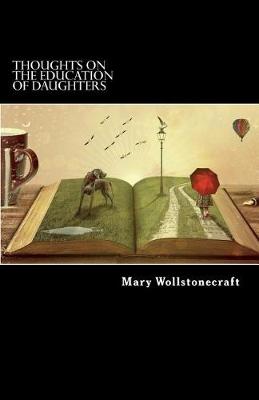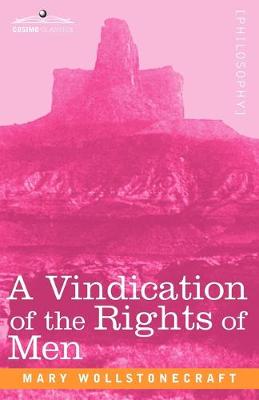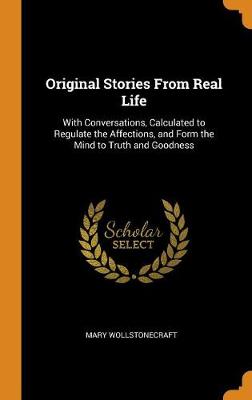Revolution & Romanticism S., 1789-1834
4 total works
Paving the way for modern feminist thinking, Mary Wollstonecraft (1759-97) dared to challenge traditional eighteenth-century attitudes towards women. First published in 1787, this book discusses how girls can best be educated to become valuable wives and mothers. It argues that women can offer the most effective contribution to society if they are brought up to display sound morals, character and intellect, rather than superficial social graces. Wollstonecraft later developed her ideas in A Vindication of the Rights of Woman (also reissued in this series), in which she attacked the educational restrictions imposed upon women. Her writings formed a cornerstone of the battle for women's rights in the nineteenth and twentieth centuries. Prompting deeper reflection upon the role and status of women in modern society, the present work remains an instructive and provocative read for those seeking to learn about the roots of feminism in its social and historical context.
Mary Wollstonecraft (1759-1797), author and pioneering feminist, answers Edmund Burke's Reflections on the Revolution in France in this, her first stirring political pamphlet. In A Vindication of the Rights of Men (1790), Wollstonecraft refutes Burke's assertions that human liberties are an "entailed inheritance," that the alliance between church and state is necessary for civil order, and that civil authority should be restricted to men "of permanent property." Rather, liberties are rights which all human beings "inherit at their birth, as rational creatures."



